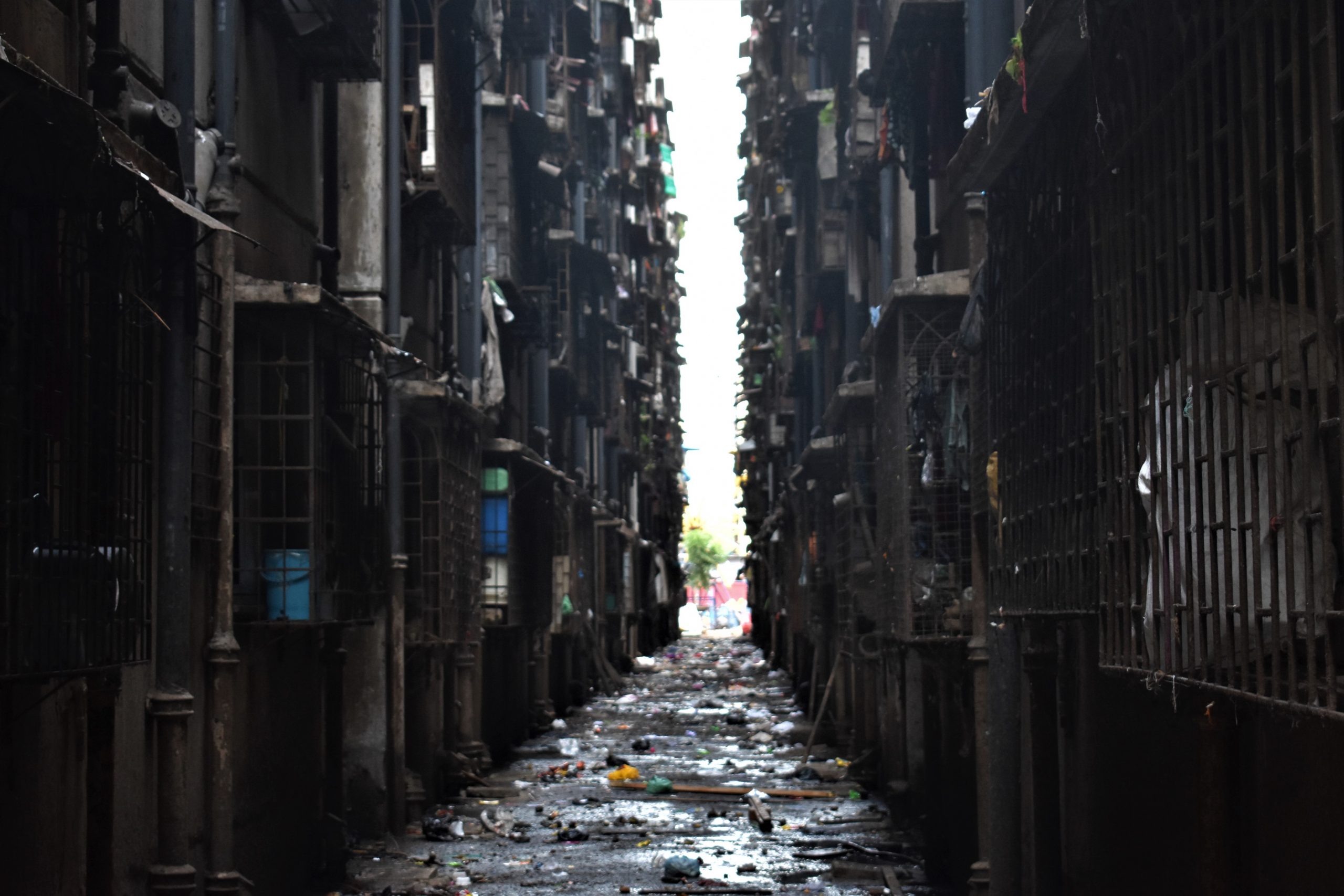
A new study, led by Ramit Debnath, calls for a focus on energy efficiency measures to tackle the impact of rising energy bills in India's poorest urban areas.
There remains a significant gap in the current policy discussions as the low-income population are assumed to consume the least energy and resources are allocated accordingly. Such a gap, if not addressed, could pose a threat to India's energy security.
Ramit Debnath
The household energy bills of India's poorest city dwellers could rise, posing an energy security threat to the country because of a series of factors which lead to greater usage of electrical appliances, according to a new study.
The study from the University of Cambridge is led by Gates Cambridge Scholar Ramit Debnath. It explores the effect of slum rehabilitation in Mumbai on appliance ownership and its implications on residential electricity demand. It has just been published online and will be published in the journal Energy Policy in September.
It finds that slum rehabilitation leads to a shift to certain household tasks being performed indoors, increased reliance on electrical appliances like fans and fridges and greater electricity consumption.
The study is the first to look at appliance and energy usage in India's slum rehabilitation areas that focuses on issues other than income, electrification and urbanisation.
Over the last 30 years Mumbai has undergone a rapid expansion, including a programme to rehabilitate slum areas by moving residents to new high-rise buildings, a process which is still under way and which was built on the back of tax incentives for developers.
The researchers surveyed 1,224 households in Mumbai for the study and conducted empirical analysis using covariance-based structural equation modelling.
They found that factors such as housing design, household practices and the affordability of appliances influence ownership of appliances and therefore energy bills.
For instance, they found that changes in household practices shift activities like cooking, washing and cleaning from outdoor to indoor spaces that significantly influences higher appliance ownership.
Issues such as poor indoor air quality, heat, hygiene and the cost and ease of use of appliances such as fridges and fans lead to higher ownership and greater electricity usage.
The researchers say their findings could help policymakers to design better regulatory and energy efficiency policies for low-income settlements.
First author Ramit Debnath [2018], a PhD student in the Behaviour and Building Performance Group of Cambridge's Department of Architecture, says: "Sub-standard design of social housing like the slum rehabilitation housing, not only pose health hazards to the occupants, but our empirical findings indicate the possibility of energy burden on the occupants through higher electricity bills."
The researchers would like to see more focus on energy efficient building design in slum areas.
They state: "There remains a significant gap in the current policy discussions as the low-income population are assumed to consume the least energy and resources are allocated accordingly. Such a gap, if not addressed, could pose a threat to India's energy security, especially when two-thirds of the building stocks are yet to be built.
"While India will pull millions of its citizens out of extreme poverty in the the coming decades, the future of urbanisation will primarily belong to the low-income strata. Understanding their practices and energy choices will be critical in determining future energy sustainability."

Ramit Debnath
- Alumni
- India
- 2018 PhD Architecture
- Churchill College
With a background in electrical engineering and computational social sciences, I design collective intelligence approaches to provide a data-driven, complex system-level understanding of barriers to climate action in the Anthropocene, their interactions, and how these translate to leverage points for policy and behavioural interventions at scale. Previously, I held positions at Caltech, Cambridge Computer Laboratory, International Energy Agency, Stanford University and IIT Bombay. I received MPhil and PhD from the University of Cambridge as a Gates Scholar.
Links
https://camcid.github.io
https://www.collectivedesign.group.cam.ac.uk/team.html
https://www.linkedin.com/in/ramit-debnath-b1980a204












